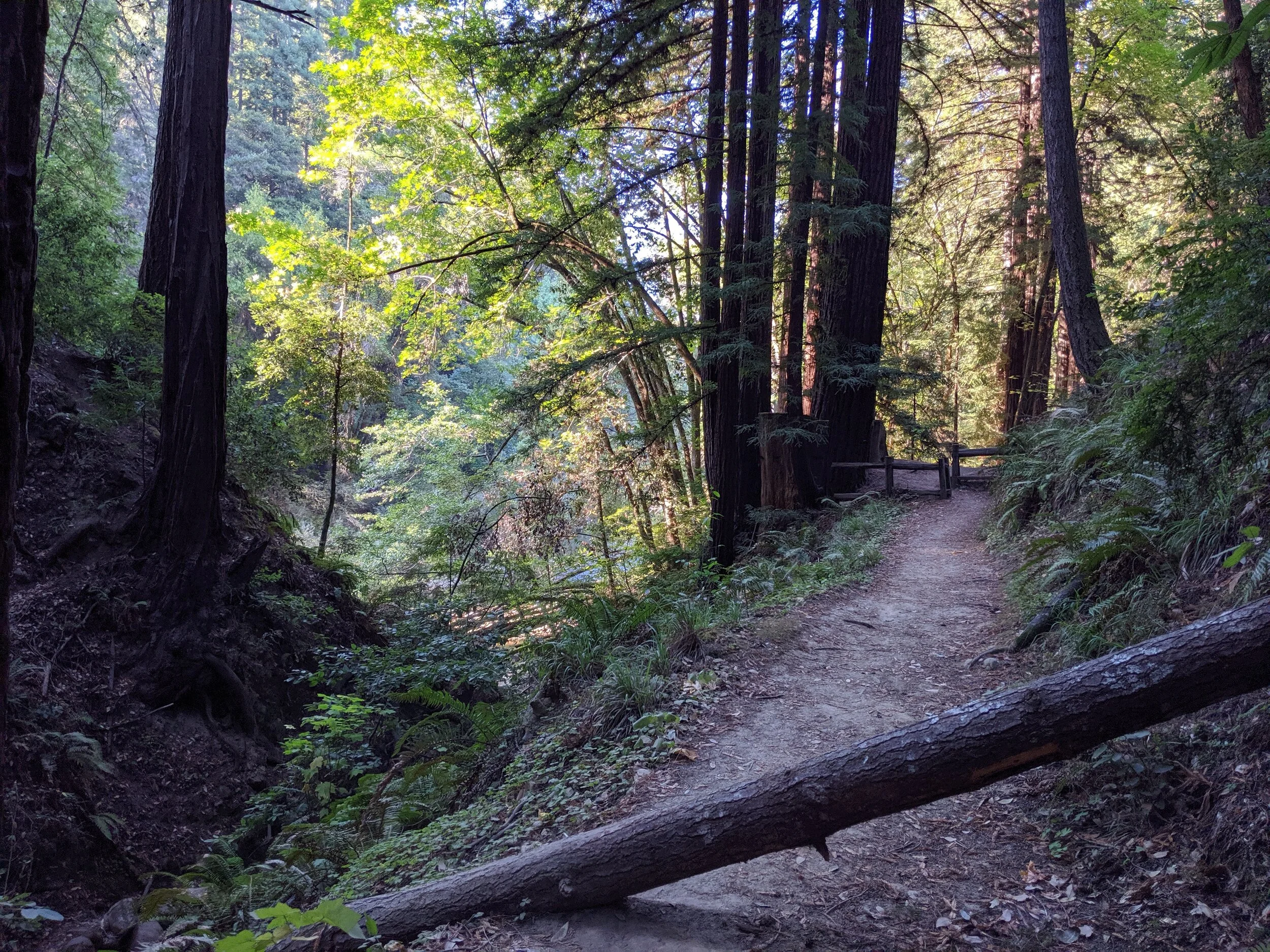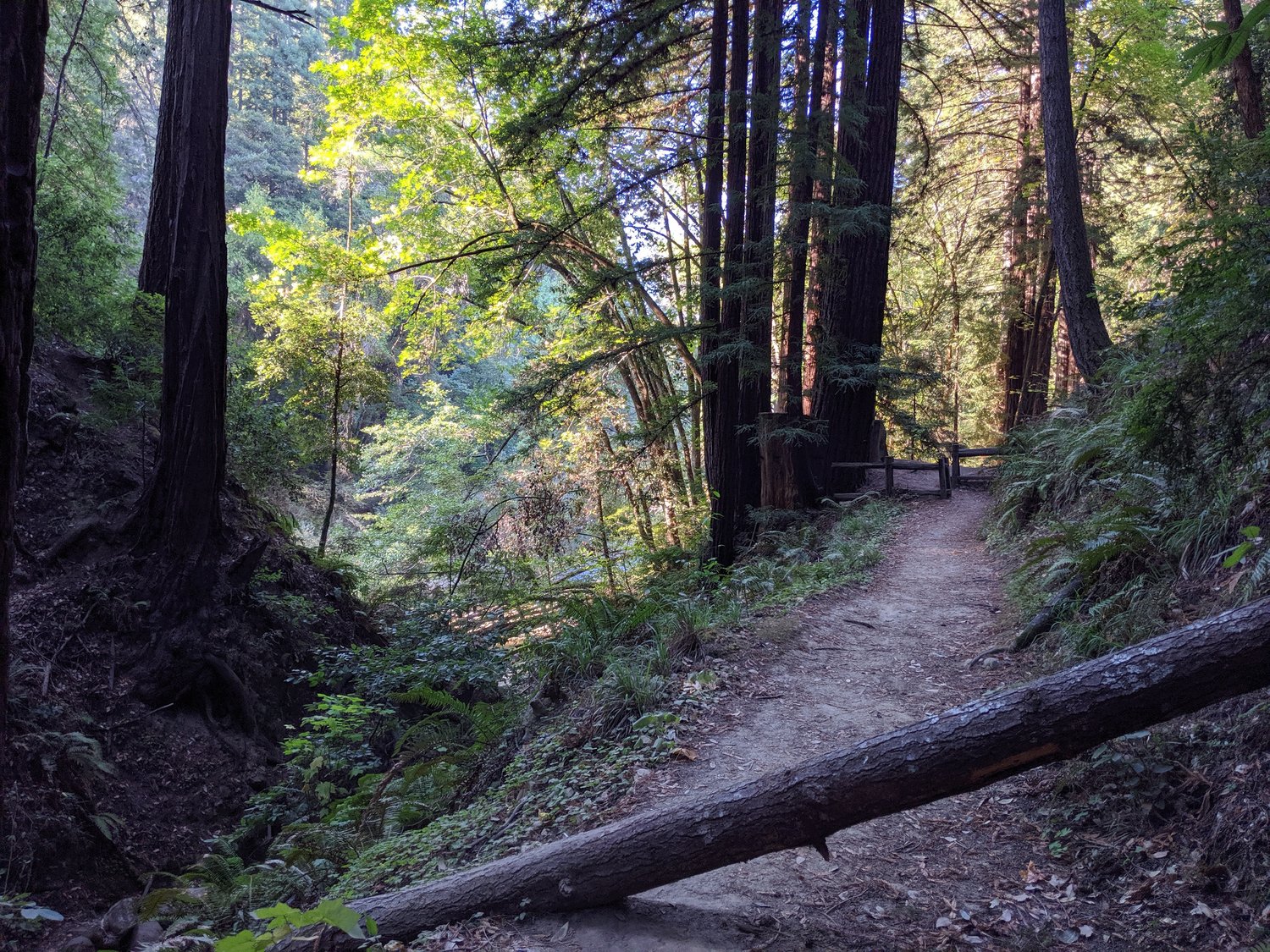
2 And the woman said to the serpent, “We may eat of the fruit of the trees in the garden, 3 but God said, ‘You shall not eat of the fruit of the tree that is in the midst of the garden, neither shall you touch it, lest you die.’ ”
Temptation is all around us. Daily, we are bombarded with the pull of fleshly passions. Because of temptation, we must feed the Spirit.
In the passage quoted above, we go back to the original temptation. In the garden, the serpent began appealing to Eve, telling her to reject God’s desires in place of her own. In these verses, in her reply, we witness Eve making four crucial mistakes.
Mistake 1: Entertaining the Serpent
So Eve responded to the serpent (2). This was her first mistake. You don’t entertain the snake. You don’t get into a debate with someone so crafty (1). You don’t entertain thoughts that doubt God’s goodness.
Instead, you run (1 Corinthians 6:18). You take every thought captive to obey Christ (2 Corinthians 10:5). You flee.
But Eve didn’t. She responded. This was her first mistake.
And when the great tempter of your soul whispers into your ear, “Is God really all that good to you?” You must resist and run from him. He is a liar and a deceiver. Instead, look to Jesus, see the cross of Christ, and know the perpetual, immovable, unshakeable, everlasting goodness of God.
What He has given you, what He has prescribed for us, is good. Always. Don’t entertain the thoughts within or without that tell you God is holding out on you. Don’t listen to those voices.
Mistake 2: Minimizing God’s Provision
Eve’s second mistake was to minimize God’s provision. God had told Adam they were to freely eat of all the trees but one (Genesis 2:16 NIV, HCSB, NKJV). They were free. And, except for one, every tree was theirs. Every tree. This was meant to signify radical and superabundant provision from God.
But Eve took all the life and promise and generosity out of God’s provision when she said, “We may eat of the fruit of the trees” (2). I picture her delivering the line totally monotone — no life in her voice. Like, “You know, the trees are there. We can eat them if we want to. No big deal.” Yawn.
There’s a big difference between “we may eat” and “we’ve been told to freely eat.” I think this was Eve’s way of beginning to doubt the magnitude and blessing of God’s provision. Rather than rejoice at what God had given, she downplayed it.
She should have said, “Are you kidding me, snake!? God is so so so so so good! He has built this amazing place for us. It’s the Garden of Eden. It’s paradise. It’s for us to roam and play and love and enjoy Him in. Our family will thrive here forever. You crazy, bro.”
But, no. She doubted. She began believing God had given less than the best.
Mistake 3: Making the Prohibition More Stringent
Eve’s third mistake was to make the command of God sound more stringent than it was. She said God told them not to touch the tree of the knowledge of good and evil (3).
But God had never said such a thing. He’d only told them not to eat the fruit. So this was her addition.
This is the introduction of legalism into our world. She took something God said and made it more severe.
This mistake drives me batty because I see it all the time. It holds people back from the gospel. Jesus comes along and offers His mercy and grace. Then legalists come along and add to the gospel, making good news bad news.
Yes, there is a disciple-life that follows true allegiance to Jesus. And that life is hard. It makes you different. It’s the best life, but that doesn’t mean it’s easy. So when legalism comes along and adds to God’s word, saying, “Don’t do this. Don’t do that. Don’t enjoy the simple pleasures of life. Don’t have fun,” it is destructive.
There is ample place for personal convictions that go above and beyond Scripture. If you think God is leading you to deny liberties, go for it. Throw away your TV. Never drink a glass of wine. Only listen to worship music. Only shop at thrift stores. Eat vegan. But please don’t take your personal convictions, things that go above and beyond the demands of Scripture, and tell others they must adopt them. They don’t. They must obey the clear word of God, not your personal convictions.
Again, as a believer, there is plenty I cannot and will not do. Why add to the list? The disciple’s life of following Jesus is a hard path. Why make it harder?
Mistake 4: Weakening the Word
Finally, Eve’s fourth mistake was to weaken the Word of God by doubting the penalty of her sin. God said, “In the day that you eat of it you shall surely die” (Genesis 2:17). The New “Eve” Version said, “Lest you die. Maybe. It might happen. Eat this, and you could die. It’s a possibility” (3).
And all these mistakes stemmed from a lack of adherence to, allegiance to, or knowledge of God’s word. She either didn’t know it very well, had forgotten it, or purposefully allowed herself to twist it to her own destruction.
But weakness in the word led her into error.
This weakness I’m talking about isn’t just an ignorance regarding Scripture. It was a mentality. She came to God’s word with doubts about God. She didn’t like what He’d said. She thought He might be holding back from them. With that mentality, she was sure to poke holes in His Word.
And as she messed with Scriptura, she took the L. She lost big time.
This helps us prepare for what’s coming in Genesis and the rest of the Bible. If Eve’s disaster was precipitated by her carelessness in the Word, we would expect the rest of the Bible to declare the importance of the Word. We should find people who clung to the Word and were granted victory. We should see the Scripture valued highly by God. And this is exactly what we will find. God’s word must be respected and honored by his people.

Nate Holdridge
Nate Holdridge has served as senior pastor of Calvary Monterey on California’s central coast since 2008. Calvary’s vision is to see Jesus Famous. Nate teaches and writes with that aim at nateholdridge.com.
Blog Categories
Archives
Popular Posts
- Jesus’ Parting Words to the Disciples and Us (Mark 16:15-20) June 6, 2024
- God’s Wisdom for a Complex World #17: Phones (Proverbs) May 25, 2025
- God’s Wisdom for a Complex World 16: Money (Proverbs) May 18, 2025
- God’s Wisdom for a Complex World 15: Friendship (Proverbs) May 11, 2025
- God’s Wisdom for a Complex World #13: Proverbs on Work April 27, 2025




